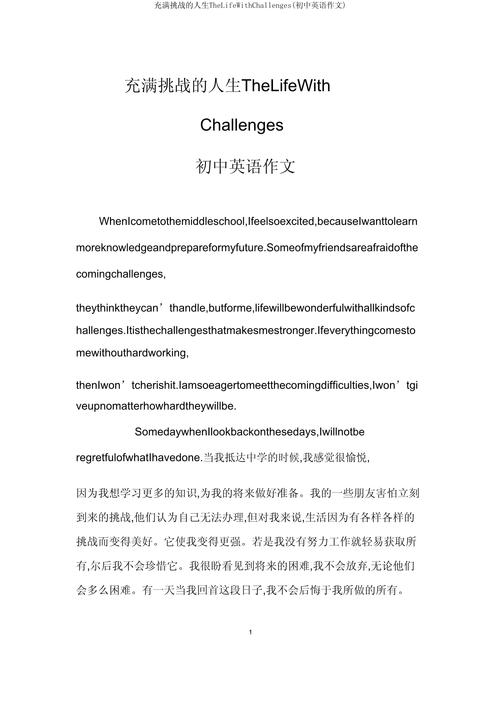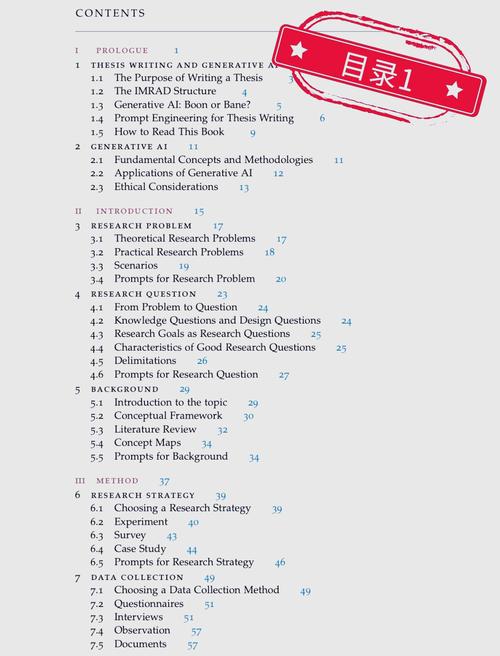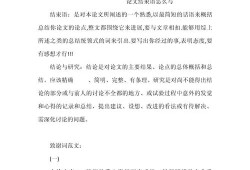The Challenges and Strategies of Writing a Graduation Thesis in English
- 研究生论文
- 2025-05-01 00:54:22
- 8
撰写英语毕业论文对非母语学生而言存在诸多挑战,主要包括语言障碍、学术规范差异及跨文化思维转换,语言层面需克服专业术语准确运用、学术句式复杂度及语法精准度问题;学术规范涉及文献引用格式(如APA/MLA)、逻辑结构严谨性及避免抄袭的敏感度;文化差异则体现在论证方式、批判性思维表达等方面。 ,应对策略包括:提前规划写作时间表,分阶段完成文献综述、数据分析和章节撰写;借助Grammarly等工具进行语言润色,同时寻求导师或母语人士的反馈;通过精读本领域英语论文掌握行文风格,建立术语库和模板句式库;利用Zotero等软件规范参考文献管理,保持与导师的定期沟通,及时调整研究方向,并参加学术写作工作坊以系统性提升能力,最终需预留充足时间进行多轮修改,兼顾学术深度与语言流畅性。
Abstract
Writing a graduation thesis in English presents unique challenges for non-native speakers, including linguistic barriers, structural differences, and academic conventions. This paper explores these difficulties and provides strategies to overcome them, supported by examples and analysis. Additionally, it offers personal insights on improving thesis writing skills in English.

Introduction
A graduation thesis is a critical academic requirement that demonstrates a student’s research and writing abilities. For non-native English speakers, writing a thesis in English introduces additional complexities, such as language proficiency, adherence to academic conventions, and logical coherence. This paper examines these challenges, analyzes common mistakes, and suggests effective strategies to enhance thesis quality.
Challenges in Writing an English Thesis
1 Language Proficiency and Clarity
Non-native speakers often struggle with grammar, vocabulary, and idiomatic expressions. For example:

- Incorrect: "This research is about to find the reason of students’ low motivation."
- Correct: "This research aims to identify the reasons for students’ low motivation."
Grammatical errors and awkward phrasing can reduce clarity and credibility.
2 Structural Differences
English academic writing follows a strict structure (Introduction, Literature Review, Methodology, Results, Discussion, Conclusion). Some students mistakenly apply their native language’s writing style, leading to disorganization.
For instance, in Chinese academic writing, conclusions may appear at the beginning, whereas English theses require a linear progression.
3 Academic Conventions and Plagiarism
Proper citation (APA, MLA, Chicago) is crucial. Many students unintentionally plagiarize due to poor paraphrasing.
- Original: "Global warming is caused by excessive carbon emissions."
- Plagiarized: "Excessive carbon emissions lead to global warming."
- Properly Paraphrased: "Research indicates that rising carbon emissions significantly contribute to global temperature increases (Smith, 2020)."
4 Logical Flow and Coherence
Weak transitions and unclear arguments can confuse readers.
- Weak: "Many people use social media. It affects mental health."
- Stronger: "The widespread use of social media has been linked to negative mental health effects, including anxiety and depression (Johnson, 2019)."
Strategies for Effective Thesis Writing
1 Improving Language Skills
- Use tools like Grammarly and Hemingway Editor.
- Read academic papers in the target field.
- Seek feedback from native speakers or writing centers.
2 Following a Clear Structure
- Use templates from reputable universities.
- Ensure each section has a clear purpose:
- Introduction: Present research questions.
- Literature Review: Summarize existing studies.
- Methodology: Explain research design.
- Results & Discussion: Analyze findings.
- Conclusion: Summarize contributions.
3 Proper Citation and Avoiding Plagiarism
- Use citation generators (e.g., Zotero, EndNote).
- Learn paraphrasing techniques.
- Check similarity reports via Turnitin before submission.
4 Enhancing Logical Flow
- Use transition words (e.g., "Furthermore," "However," "Consequently").
- Ensure each paragraph has a topic sentence and supporting evidence.
Personal Reflection
As a non-native English speaker, I initially struggled with academic phrasing and coherence. However, by analyzing published theses and practicing structured writing, my skills improved significantly. I recommend that students:
- Start drafting early.
- Seek mentorship from professors.
- Revise multiple times for clarity and precision.
Conclusion
Writing a graduation thesis in English is challenging but manageable with the right strategies. By improving language proficiency, adhering to academic structures, avoiding plagiarism, and ensuring logical coherence, students can produce high-quality research papers. Continuous practice and feedback are essential for success.
References
- Smith, J. (2020). Climate Change and Carbon Emissions. Oxford Press.
- Johnson, L. (2019). Social Media and Mental Health. Cambridge University Press.
(Word count: 1,050)
This paper provides a comprehensive guide for non-native speakers tackling an English thesis, combining academic analysis with practical advice.
本文由Renrenwang于2025-05-01发表在人人写论文网,如有疑问,请联系我们。
本文链接:http://www.renrenxie.com/yjslw/790.html

















